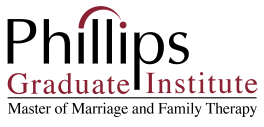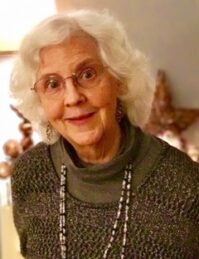After almost 40 years of teaching at Phillips, and my official retirement in 2015, I’m back in the classroom. I’m teaching Foundations of Psychotherapy and doing supervision in the counseling center. As the end of the semester approaches, here are some of my reflections on the experience.
When I returned to campus and met with our new students in August, I was a bit anxious. We were now part of Campbellsville University! Would there be changes that would affect the core principles of a Phillips education? I’m delighted to report that all the changes are for the good, and all of what was so remarkable about Phillips remains.
What’s new and improved? One example from my course: thanks to Campbellsville, I now have Moodle, a “learning management system” that allows students to read their textbooks, view class handouts, power points or videos both in the classroom and at home at their convenience. This new technology really enhances my teaching. I can reduce lecture time and concentrate on experiential activity in the classroom.
Another example is what’s happening in Case Conference, our signature first-year course, in which students watch real therapy from behind a one-way mirror, and are gradually integrated as co-therapists. For the first time all our case conference groups are seeing FAMILIES! This means students won’t just know family systems theories from an academic perspective. They will be familiar with how those theories look in practice. As they move into clinical placements next term, they will be familiar with the pragmatics of managing more than one client in the room. They will be well-trained to earn the all-important relational hours of experience that MFT licensure requires.
So, what remains the same as in the “good old days?” From my perspective, virtually everything important is still happening. Here’s a short list of oldies but goodies:
- The integrated curriculum. Each course builds on and refers to others—class activities are not separate bits and pieces, where students are left to assemble the puzzle on their own. I know that the theories covered in my course are going to show up in Case Conference, and be revisited in ATM (Applied Therapeutic Methodology).
- The cohort model. It’s always been a key feature of the MFT program. Students spend a full day together each week, and the group becomes a testing ground for learning how systems operate. Our new group of students, like all my previous classes, is awesomely diverse. They have a variety of life experiences and skills, but all are truly engaged and dedicated to this new stage of professional development. Despite their diversity (or maybe because of it?) they are already bonded into a cohort that both supports and challenges their learning.
- Faculty-student relationships that are non-hierarchical and yet respectful. I’m still “Kathy,” not “Professor Wexler.”
- Cutting edge material in the classroom—I’m not just pulling old notes out of a file drawer. I’m updating to reflect what’s going on in our professional world.
- Continuing relationships after graduation: All the faculty continue to mentor and keep in touch with graduates. I coach and train former students for their licensing exams. I see folks who were my students a few years ago coming back to teach seminars to pre-licensed therapists in our counseling center.
Beyond my own experience, I am delighted at what else is happening on campus. It’s a lively place, and not just because of the MFT students, trainees and associates. Recently, the MFT Stipend program held their orientation on campus. The MFT Consortium still meets at Phillips. And now Campbellsville has added special programs on campus from time to time. It’s exciting.
If you have been considering becoming an MFT, or you know someone who is considering this profession, you can feel confident in referring them to Phillips. Right now, the best way to do that is online. You can visit our website at https://calfamcounseling.org/phillips/ to learn more.


Recent Comments